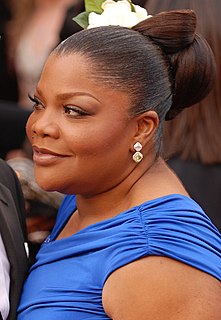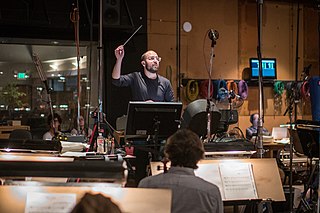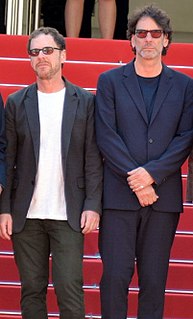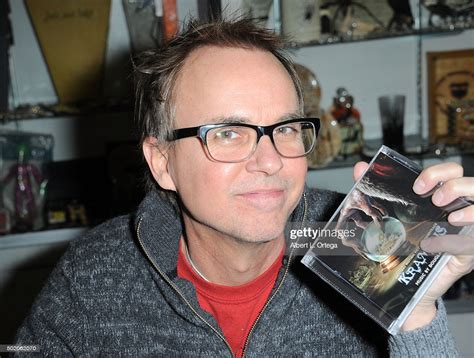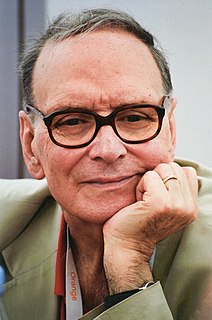A Quote by Ramin Djawadi
What I love about film music is the variety. On one movie, you might be asked to do a completely electronic score, and then another might ask you to do orchestral only.
Related Quotes
The first question she was asked was What do you do? as if that were enough to define you. Nobody ever asked you who you really were, because that changed. You might be a judge or a mother or a dreamer. You might be a loner or a visionary or a pessimist. You might be the victim, and you might be the bully. You could be the parent, and also the child. You might wond one day and heal the next.
I love artists making cool music, regardless of the style.So, if a country artist making really cool music came along and asked me to work with them, I just might say yes, even though I'm not super-knowledgeable about country, like I am about hip-hop. I might do that because the idea is so interesting.
There's something that happens where you go, if you're lucky, goodness me, from film to another film to another film. And you can sort of feel that if you step off that treadmill, it might all go horribly wrong and you might never be employed again, you know. And I suddenly thought that that's not necessarily the case. And I also thought we make drama as actors about people in the world and that if you are on that treadmill, you start making films about other films.
The Army might screw you and your girlfriend might dump you and the enemy might kill you, but the shared commitment to safeguard one another’s lives is unnegotiable and only deepens with time. The willingness to die for another person is a form of love that even religions fail to inspire, and the experience of it changes a person profoundly.
I was playing in a band and was approached to score an independent film. I had never done it, but had written instrumental music, so I figured I could do it. Turns out I loved scoring the film, and took on another couple films before realizing that if I was to be an effective narrative composer, I should study the craft of composition. I stopped taking projects and got a degree in orchestral music composition, and followed that with film scoring studies. Near the end of my degree studies, I started taking on student films as a way to get back into film scoring.
In the early days of film, fans used to idolize a whole star - they would take one star and love everything about that star ... Today people can idolize a star in one area and forget about him in another. A big rock star might sell millions and millions of records, but then if he makes a bad movie ... forget it.
My interest in music tends toward being orchestral music. And the repertoire of music that exists is, to me, far more emotive than what is standardly used in movie scores. That isn't always. I think there've been some excellent movie scores by excellent directors. But for the most part, watching a film, one of today's movies, I think that the emotional undertone of movie scores is pretty poor.
You figure out how to create opportunities to make music, and then, if you take care of the music, audiences will come around. They also might leave. What matters is the moment: the moment of making music, with and for and among others, and what that offers to those people in that moment. They might never see me again; they might never learn my name. But it might still be something they carry with them.


